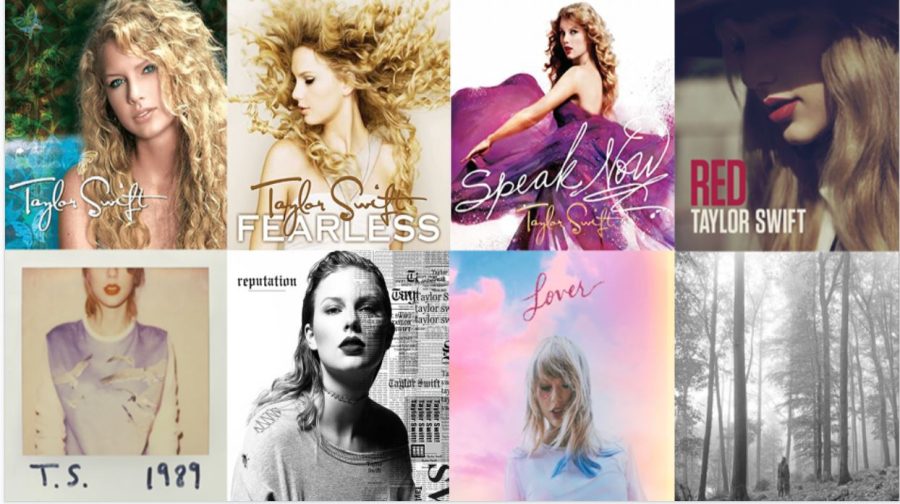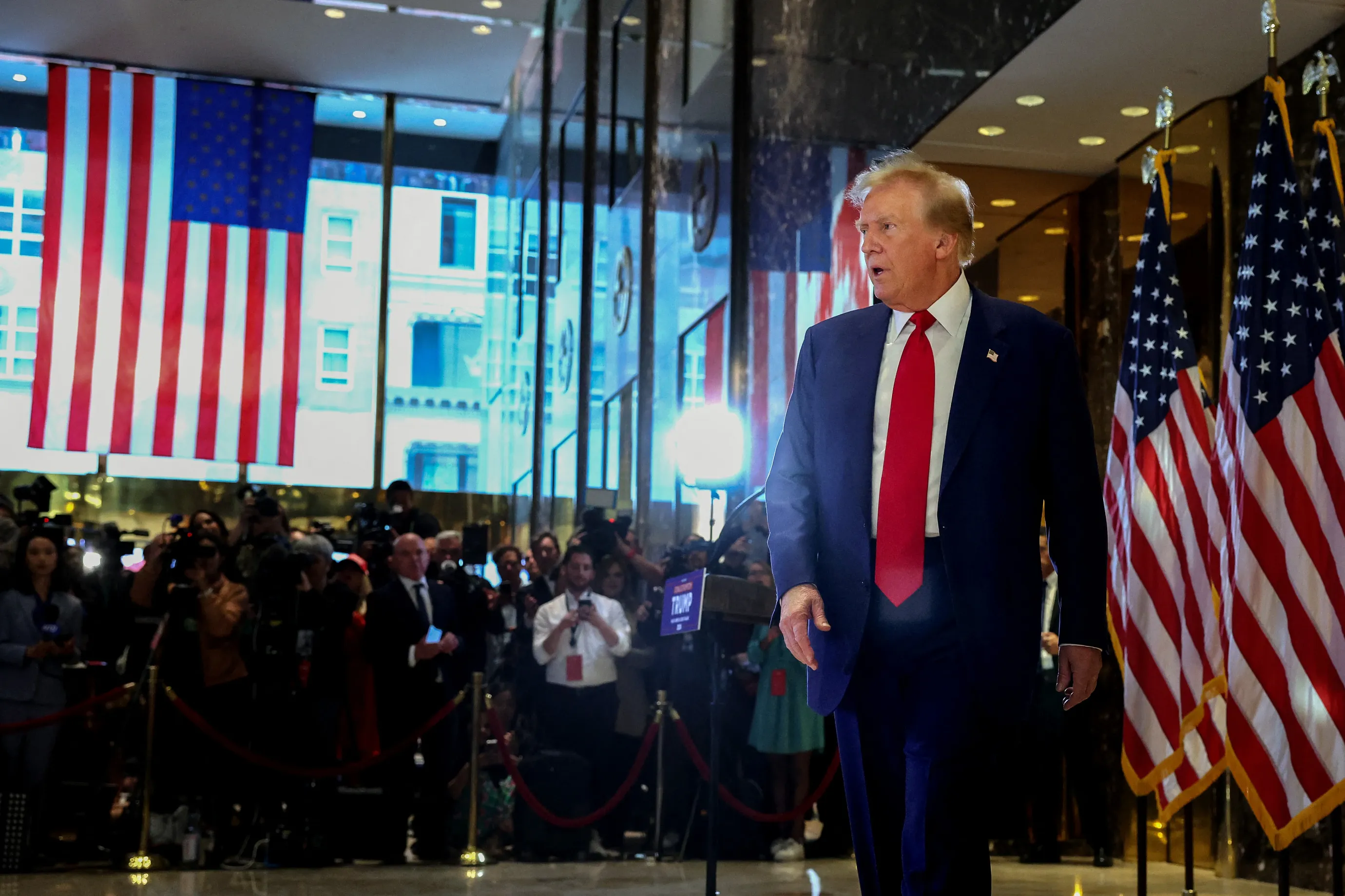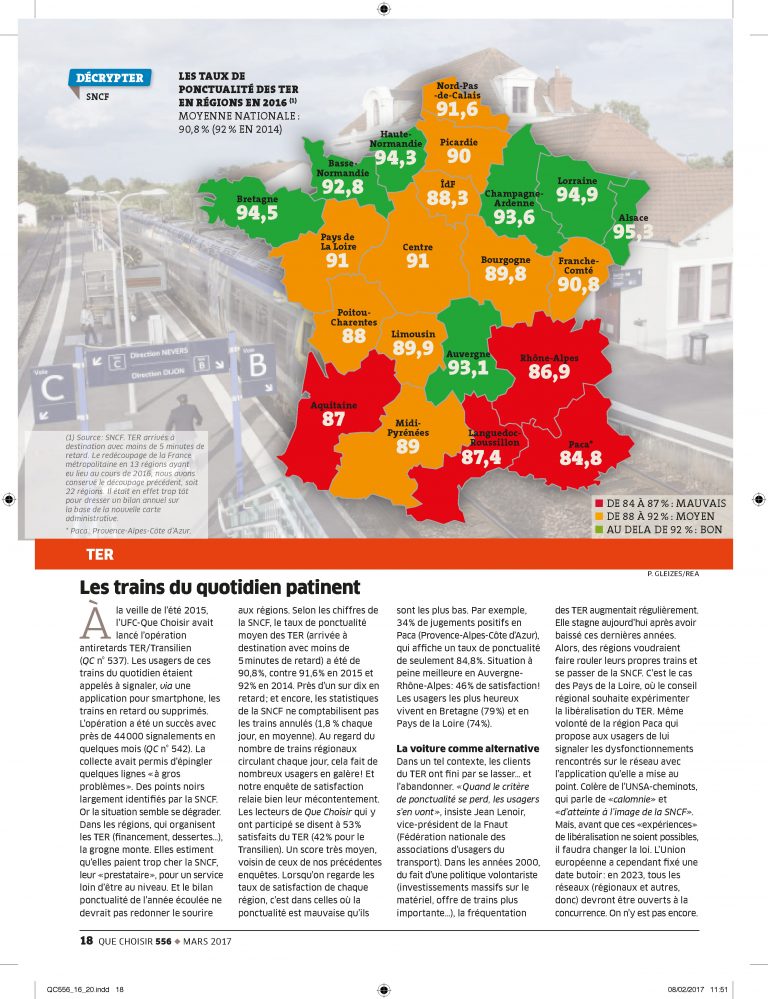Hollywood On Hold: The Writers' And Actors' Strike Explained

Table of Contents
Key Demands of the WGA and SAG-AFTRA
The WGA and SAG-AFTRA strikes are fueled by a convergence of long-standing grievances and concerns exacerbated by the seismic shift in the entertainment industry. Their core demands center around fair compensation in the streaming era, protection against the rise of artificial intelligence, and improved working conditions.
Fair Wages and Residuals in the Streaming Era
The transition from traditional television models to streaming platforms has drastically altered the compensation landscape for writers and actors. While streaming services have exploded in popularity, the payment structures haven't kept pace, leading to significantly reduced streaming residuals for many creatives. This disparity between traditional television actor compensation and writer compensation and their streaming counterparts is a central point of contention.
- Specific Demands:
- Significant increases in minimum salaries for writers and actors.
- A fairer system of streaming residuals that reflects the increased viewership and profitability of streaming platforms. This includes a more transparent formula for calculating residuals, ensuring writers and actors receive a proportionate share of the revenue generated by their work.
- Guaranteed minimum payments for short-form content, which is increasingly prevalent on streaming services.
Protecting Writers and Actors from AI
The rapid advancement of artificial intelligence (AI) presents a new and significant threat to the livelihoods of writers and actors. The ability of AI to generate scripts and even create realistic digital performances raises concerns about job displacement and the devaluation of human creativity. Both unions are demanding safeguards to prevent the unchecked use of AI and ensure that human creatives are properly compensated and credited for their work.
- Specific Concerns:
- The use of AI to generate scripts without proper compensation to writers.
- The potential for AI-generated performances to replace human actors, eroding job security and opportunities.
- The lack of clear guidelines and regulations regarding the ethical use of AI in the entertainment industry.
- The unions are pushing for clear contractual language defining the use of AI, preventing its use as a substitute for human creativity without explicit consent and fair compensation.
Improved Working Conditions
Freelance writers and actors often face precarious working conditions, including long hours, inadequate breaks, and a lack of access to health insurance. The unions are striving for improved standards to ensure a more equitable and sustainable working environment.
- Specific Demands:
- Increased minimum pay for shorter shooting days, addressing the issue of "pay-per-day" systems that don't account for prep or post-production time.
- Mandated rest periods and breaks during long shoots.
- Better health insurance coverage for freelance workers, many of whom struggle to afford adequate coverage independently.
- Addressing issues of harassment and discrimination within the workplace.
The Impact of the Strike on Hollywood
The Hollywood strike is not just impacting writers and actors; it's having a domino effect across the entire entertainment ecosystem.
Production Halts and Delays
The strike has brought countless television and film productions to a complete standstill. Major studios and production companies are facing significant financial losses due to production delays and the inability to release new content. This includes both big-budget feature films and smaller-scale television projects.
- Examples of Affected Productions: Many high-profile television shows and movies have been delayed or completely shut down due to the strike, resulting in substantial financial losses and impacting release schedules for upcoming projects.
The Ripple Effect on Related Industries
The impact extends far beyond the studios and production companies. Numerous related industries, including catering, transportation, post-production services, and numerous other support industries are suffering due to lost work. This ripple effect underscores the wide-reaching consequences of the strike.
- Affected Industries: The knock-on effects impact set designers, costume designers, makeup artists, location scouts, and the countless other professionals who rely on the smooth operation of Hollywood productions.
Public Perception and Support
Public opinion largely sides with the striking writers and actors. Many see their demands as fair and necessary in the face of changing industry practices. Social media has amplified the voices of the strikers and their supporters, highlighting the injustices and inequalities within the industry.
- Public Sentiment: Public support is largely demonstrated through social media campaigns, articles, and public statements of solidarity.
Potential Outcomes and Resolutions
Resolving the Hollywood strike will require significant negotiation and compromise from both sides. Possible outcomes range from a swift agreement incorporating some of the key demands to a prolonged stalemate with further economic repercussions.
- Potential Scenarios: Negotiations may involve compromises on various demands, such as phased implementation of certain policies or adjustments to the proposed changes in compensation models. The possibility of arbitration or further strikes cannot be ruled out if a consensus cannot be reached.
Conclusion: The Future of Hollywood After the Strike
The writers' and actors' strike is a pivotal moment in Hollywood history. The core issues—fair writer compensation, actor compensation, improved working conditions, and the regulation of AI—demand a comprehensive and equitable solution. The outcome will significantly shape the future of the entertainment industry, affecting not only the creative workforce but also the overall landscape of film and television production. Stay informed about Hollywood strike updates to understand the long-term impact of this crucial event. Follow the strike’s progress closely, as its resolution will have profound consequences for the industry and its creative talent. Understanding the issues at stake is vital to grasping the future of entertainment, so keep following the impact of the strike and engaging in conversations about the need for fairness and innovation in Hollywood.

Featured Posts
-
 Fin D Une Ere A L Usma Athmane Sahbane Demissionne Quelles Consequences
May 27, 2025
Fin D Une Ere A L Usma Athmane Sahbane Demissionne Quelles Consequences
May 27, 2025 -
 Understanding Yellowstones Magma Reservoir Implications For Future Eruptions
May 27, 2025
Understanding Yellowstones Magma Reservoir Implications For Future Eruptions
May 27, 2025 -
 Watch 1923 Season 2 Episode 4 Tonight Free Streaming Guide
May 27, 2025
Watch 1923 Season 2 Episode 4 Tonight Free Streaming Guide
May 27, 2025 -
 Ranking Taylor Swifts Albums A Critical Evaluation Of Her Discography
May 27, 2025
Ranking Taylor Swifts Albums A Critical Evaluation Of Her Discography
May 27, 2025 -
 Trump Kueldoette Ujra Targyalt Putyinnal
May 27, 2025
Trump Kueldoette Ujra Targyalt Putyinnal
May 27, 2025
Latest Posts
-
 Depistage Des Chauffeurs De Cars Scolaires Un Renforcement Des Controles Antidrogue
May 30, 2025
Depistage Des Chauffeurs De Cars Scolaires Un Renforcement Des Controles Antidrogue
May 30, 2025 -
 La Greve A La Sncf Du 8 Mai Tout Comprendre Sur Le Mouvement Social
May 30, 2025
La Greve A La Sncf Du 8 Mai Tout Comprendre Sur Le Mouvement Social
May 30, 2025 -
 Autoroute A69 Ministres Et Parlementaires Unis Pour Relancer Le Chantier
May 30, 2025
Autoroute A69 Ministres Et Parlementaires Unis Pour Relancer Le Chantier
May 30, 2025 -
 Le Gouvernement Intensifie Les Depistages Antidrogue Des Conducteurs De Cars Scolaires
May 30, 2025
Le Gouvernement Intensifie Les Depistages Antidrogue Des Conducteurs De Cars Scolaires
May 30, 2025 -
 Greve Sncf Semaine Du 8 Mai Dernieres Informations Et Previsions
May 30, 2025
Greve Sncf Semaine Du 8 Mai Dernieres Informations Et Previsions
May 30, 2025
